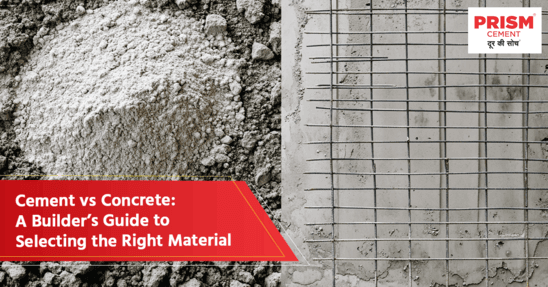
Cement and concrete are often used interchangeably in the construction industry, but they are distinct materials with unique properties and applications. Understanding the differences between cement and concrete is thus crucial for builders and contractors to make informed decisions and achieve optimal results.
Cement is a fine, powdery substance that acts as a binding agent primarily made from limestone, clay, and other materials that are heated in a kiln to produce clinker. This clinker is then ground into a fine powder, often with additives to enhance its properties. There are several types of cement, including:
Concrete is a composite material made by mixing cement with water, aggregates (sand, gravel, or crushed stone), and often additional substances like admixtures to modify its properties. The cement acts as a binder, holding the aggregates together to form a solid mass. The strength and durability of concrete depend on the quality of its components, the water-cement ratio and the curing process.
The choice between cement and concrete depends on the specific requirements of your project. Some factors to consider include:
Prism Cement offers a wide range of high-quality cement products to meet the diverse needs of builders and contractors. Our products - such as Prism Champion All Weather Cement – is known for their excellent quality, reliability and performance. Whatever your cement requirement, Prism Cement has the right solution for your project.
Prism Cement a division of Prism Johnson Limited is one of India’s leading integrated Building Materials Company, with a wide range of products from cement, ready-mixed concrete, tiles and bath products.
Prism Johnson Limited is an IMS Certified Company (ISO 9001:2015, ISO 14001:2015, ISO 45001:2018,SA 8000:2014 & ISO 50001:2018). Quality assurance is an integral part of Prism Johnson Limited manufacturing philosophy. The strength and other characteristics are much higher than the BIS requirements. Excellent quality has placed Prism Cement in the premium price segment.
KNOW MORE305, Laxmi Niwas Apartments, Ameerpet,
Hyderabad - 500016, Andhra Pradesh
![]() Tel: +91-40-23400218
Tel: +91-40-23400218
![]() Fax: + 91-40-23402249
Fax: + 91-40-23402249
"Rahejas", Main Avenue, V.P. Road,
Santacruz (W), Mumbai - 400054,
Maharashtra
![]() Tel: +91-40-23400218
Tel: +91-40-23400218
![]() Fax: + 91-40-23402249
Fax: + 91-40-23402249